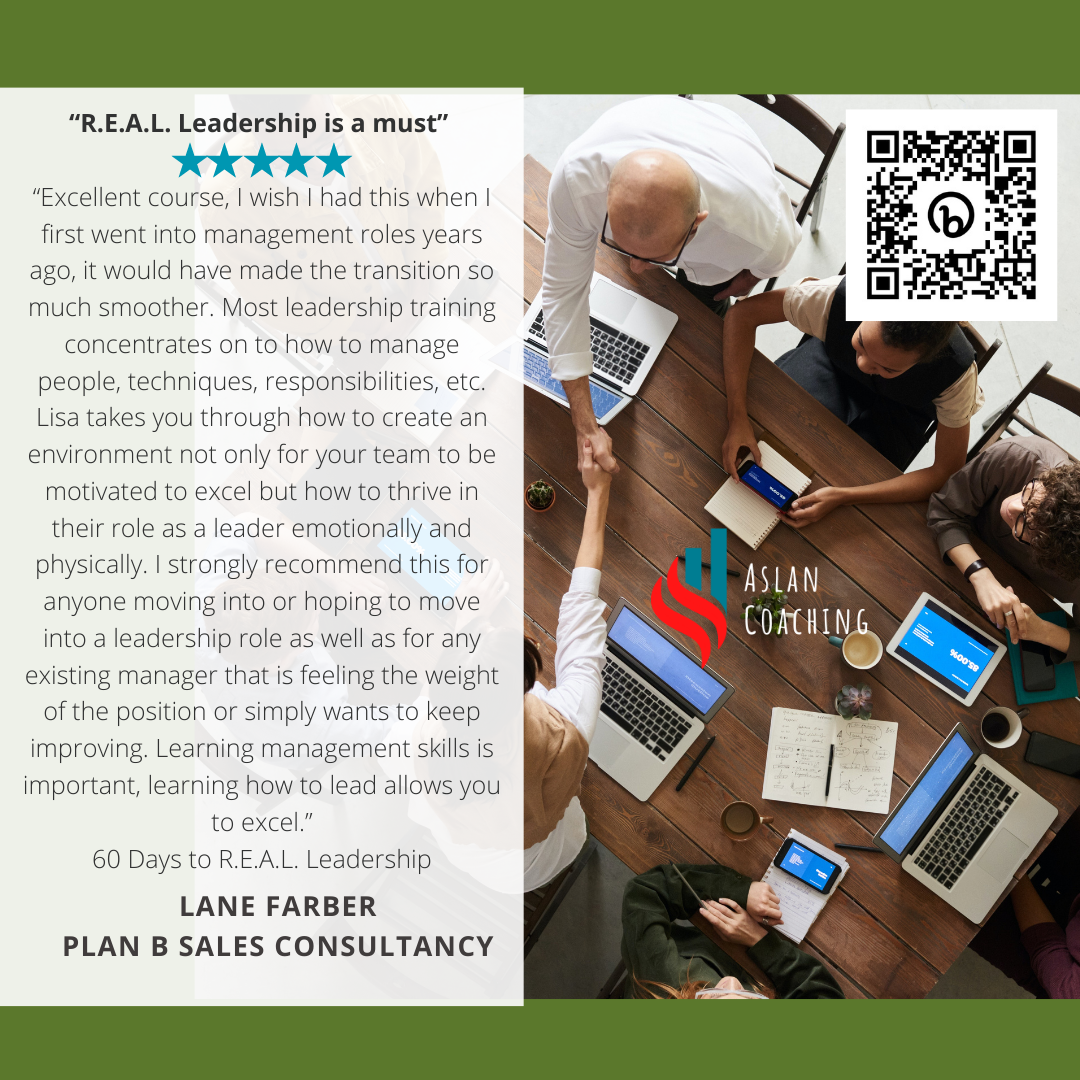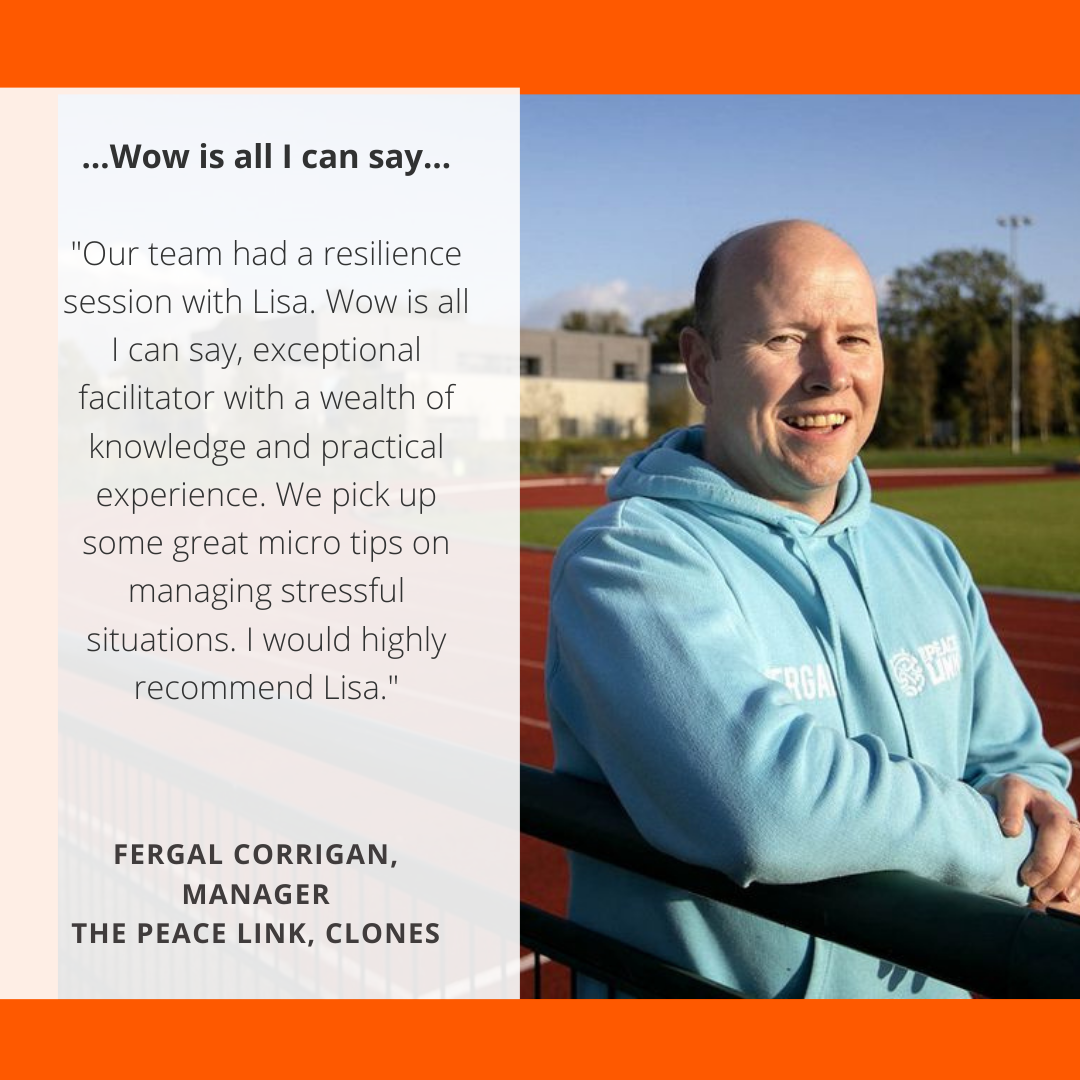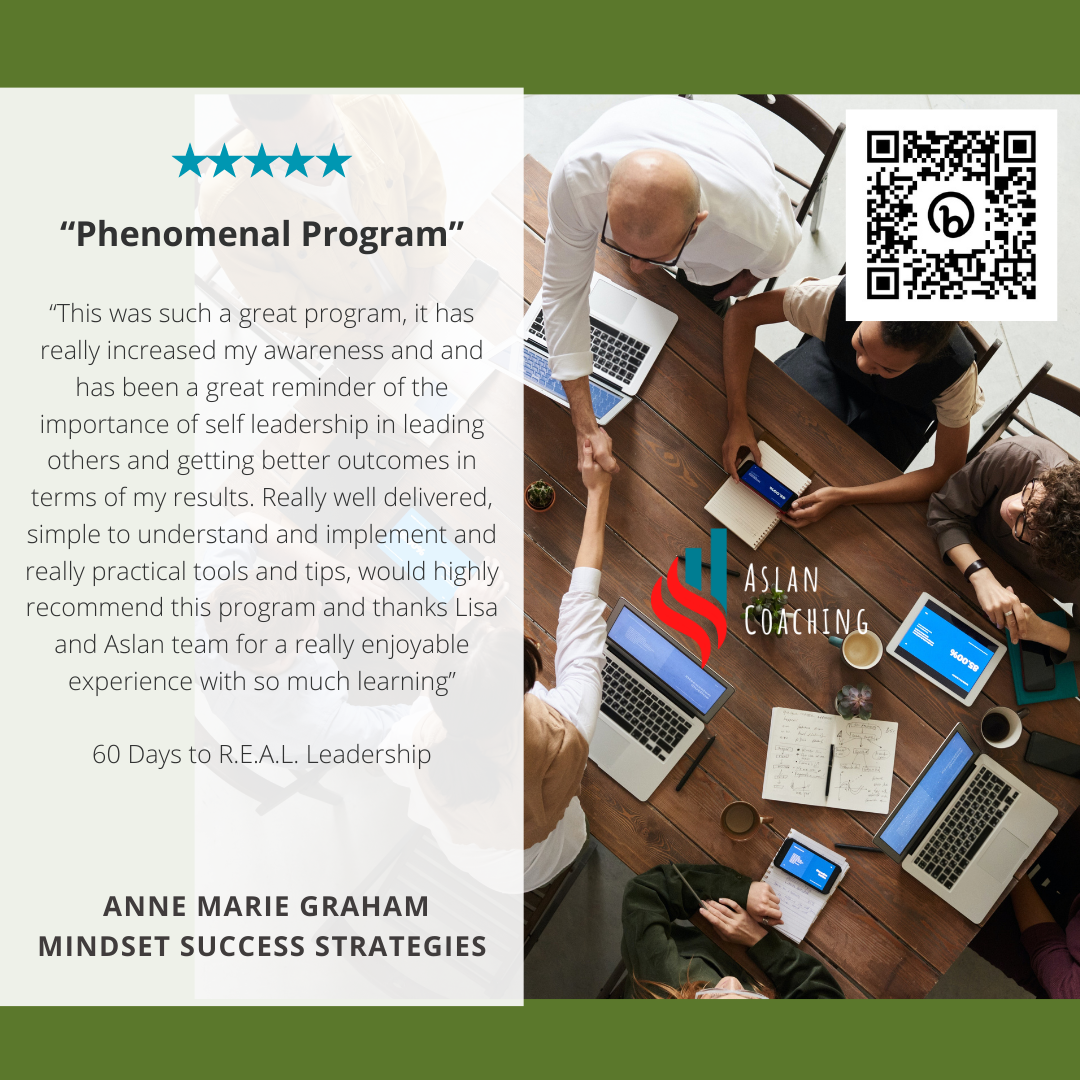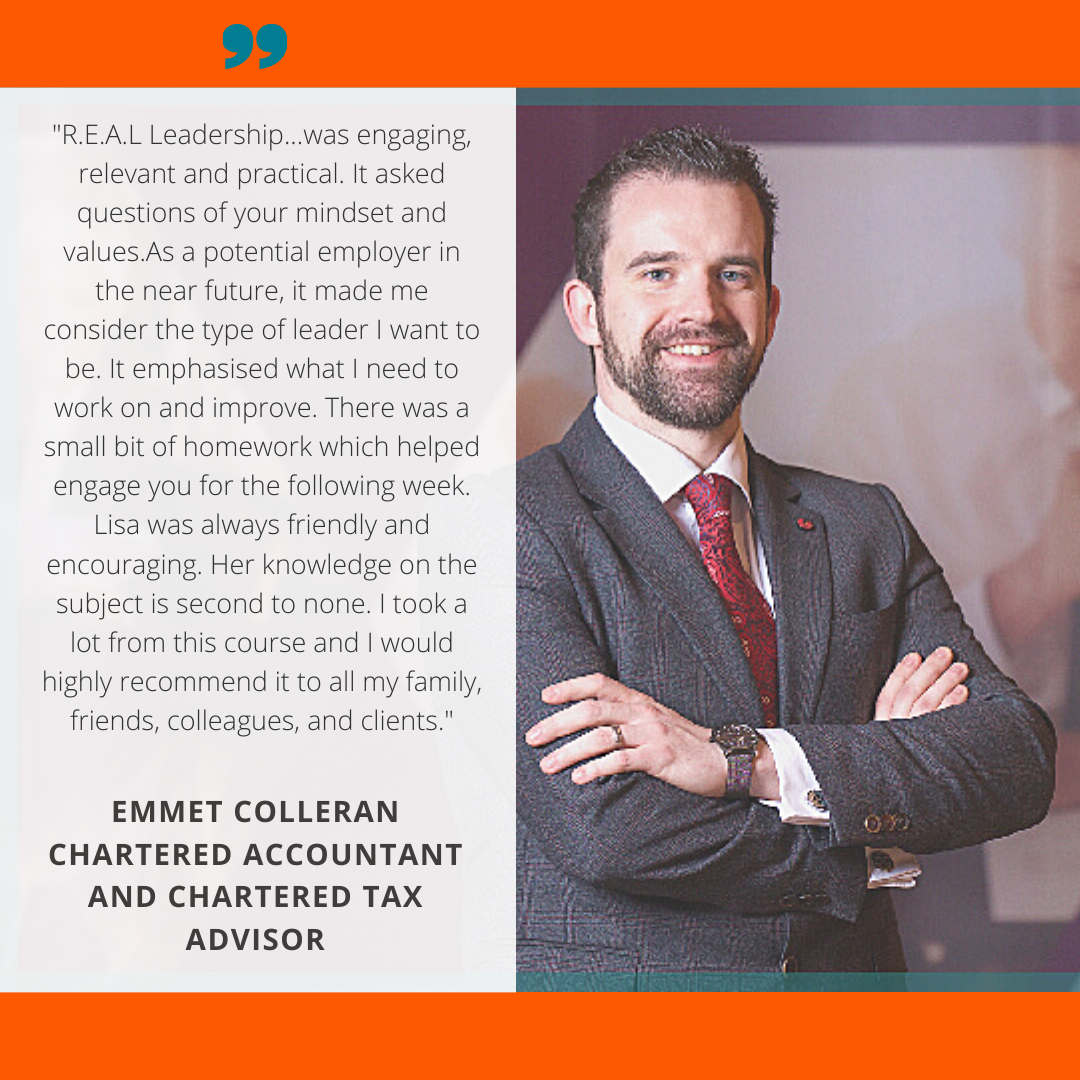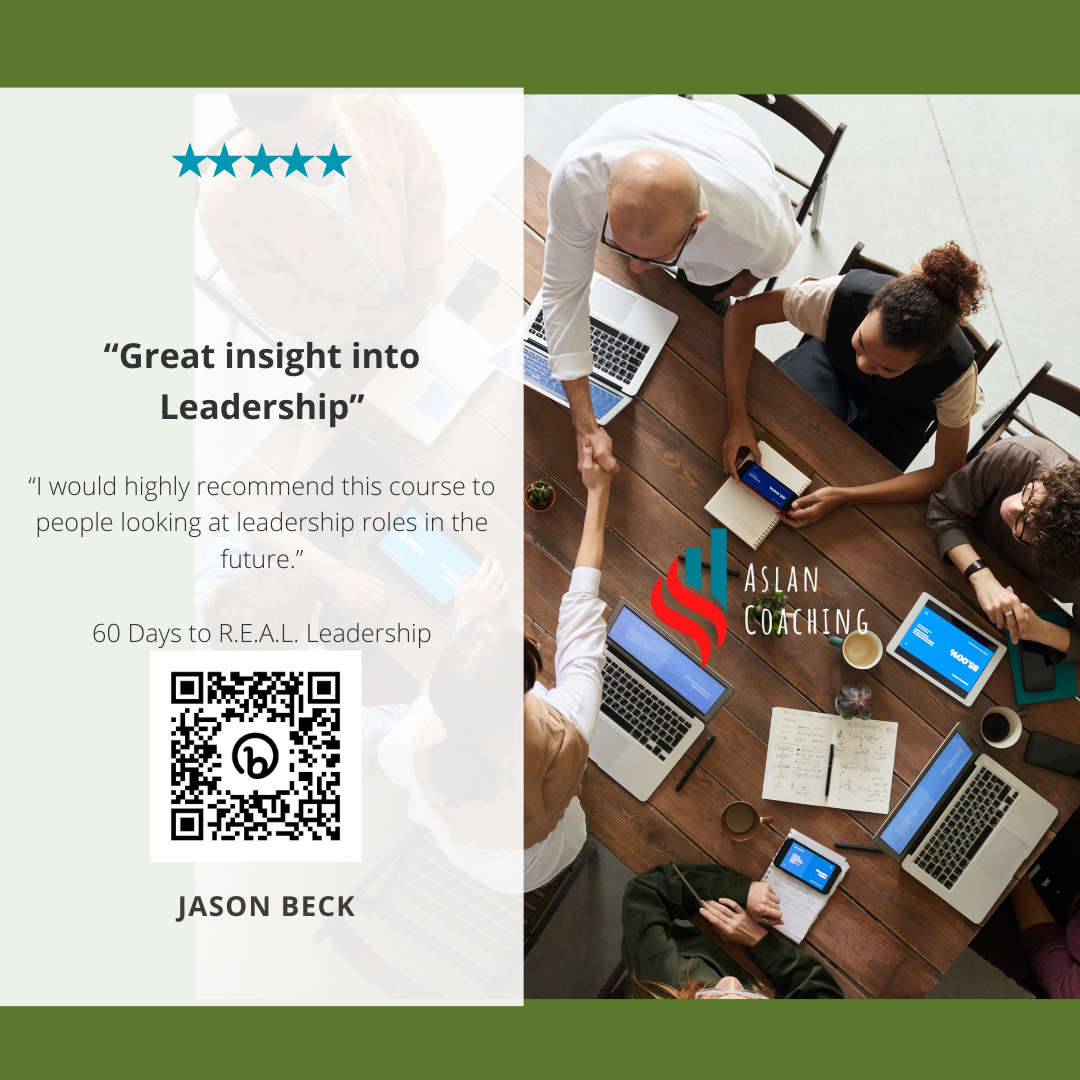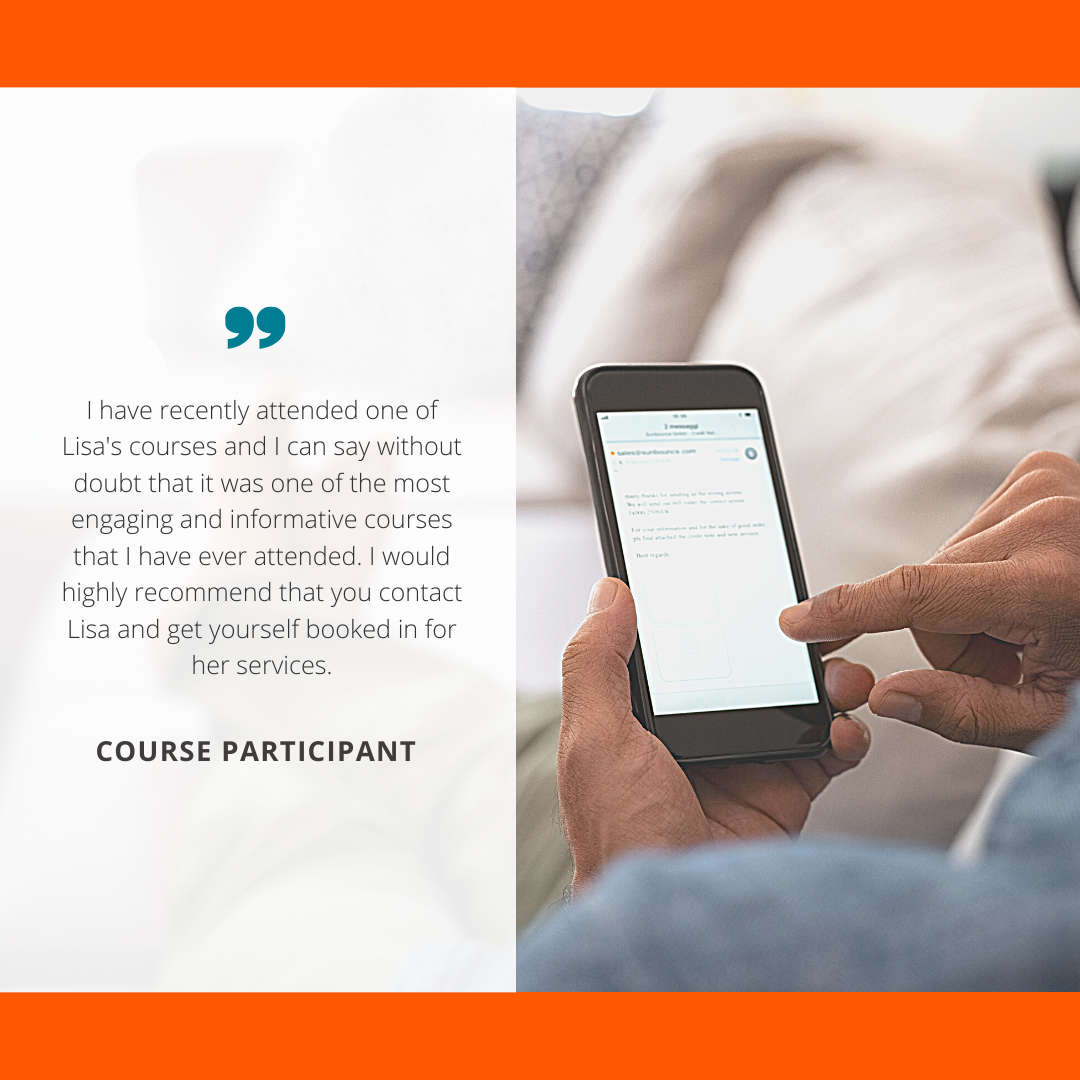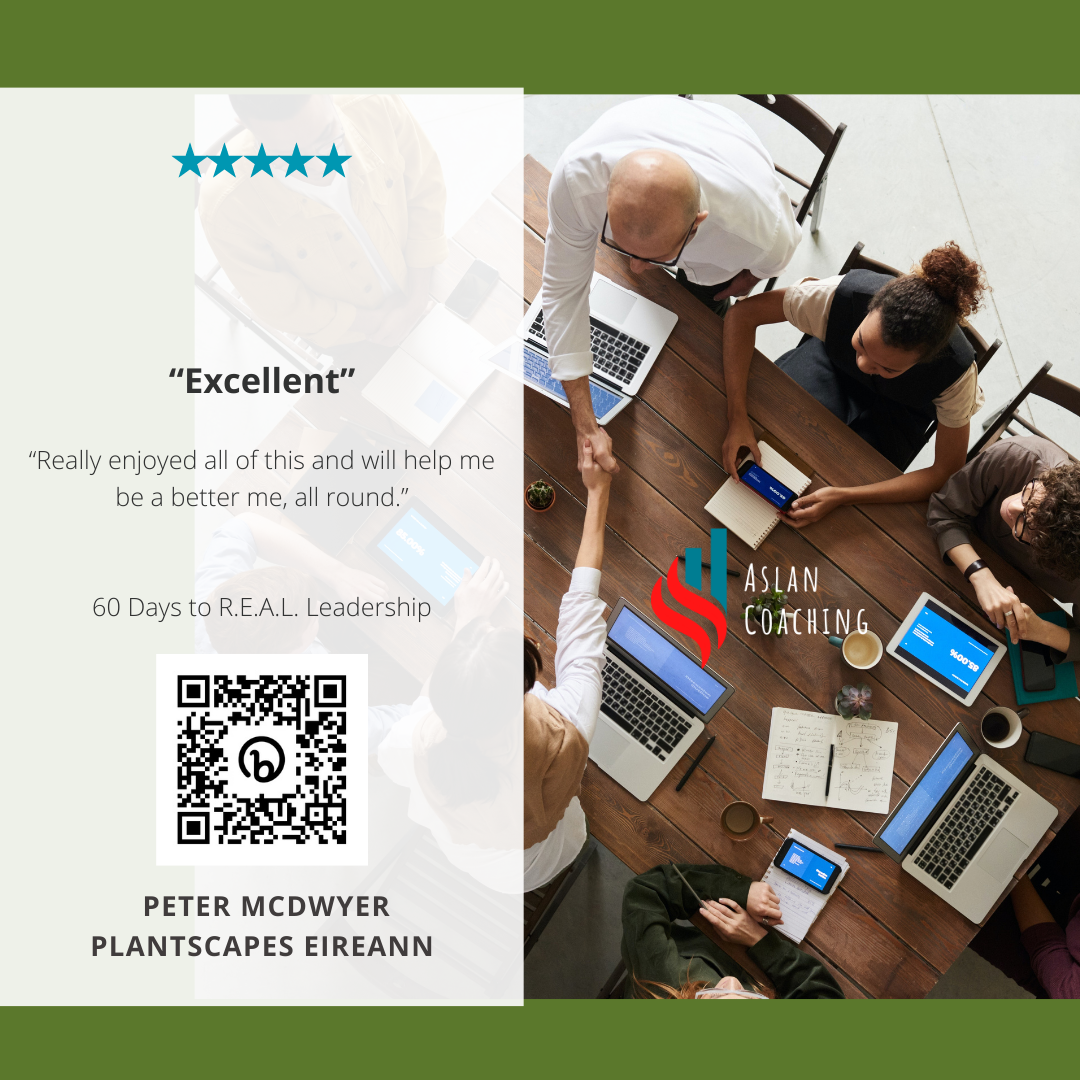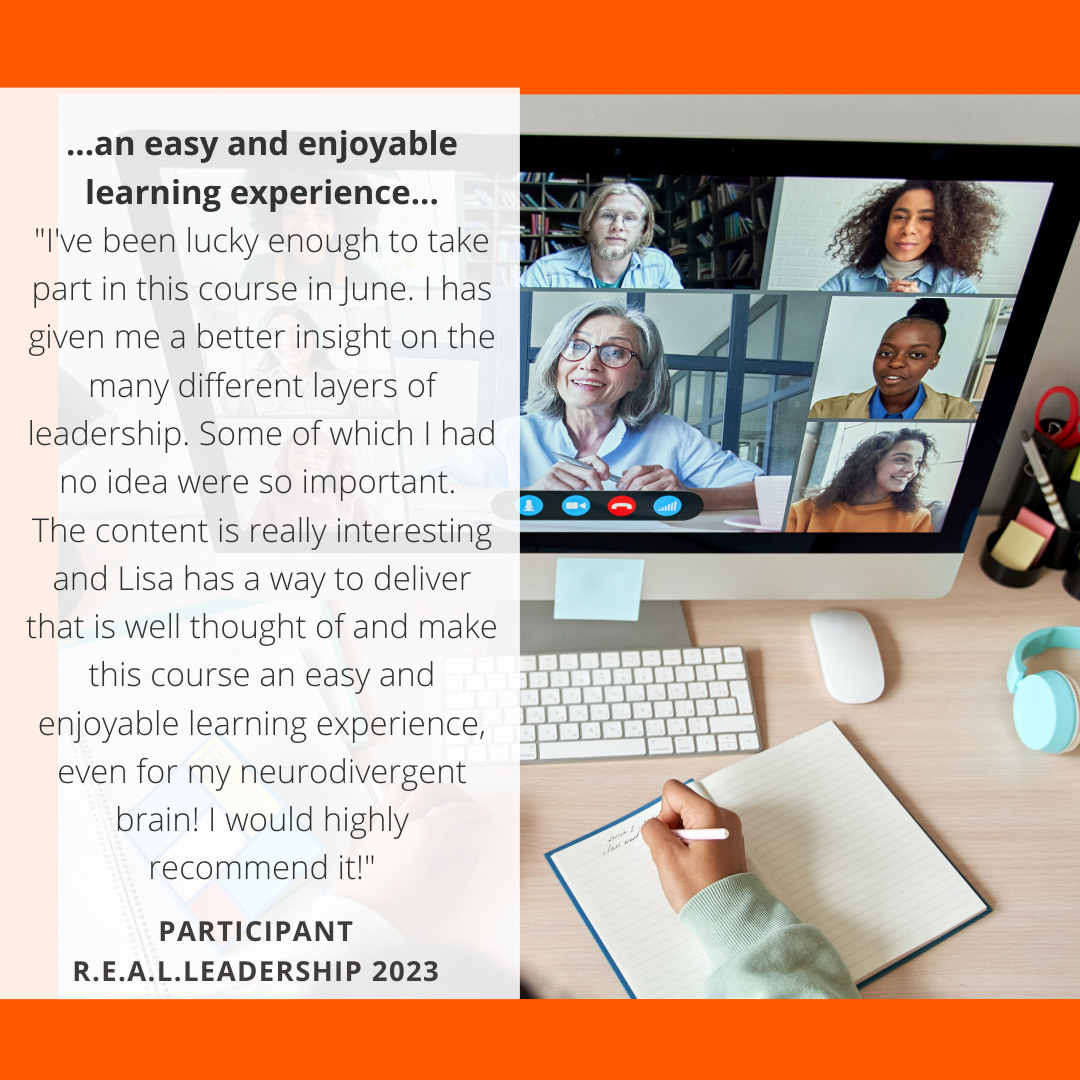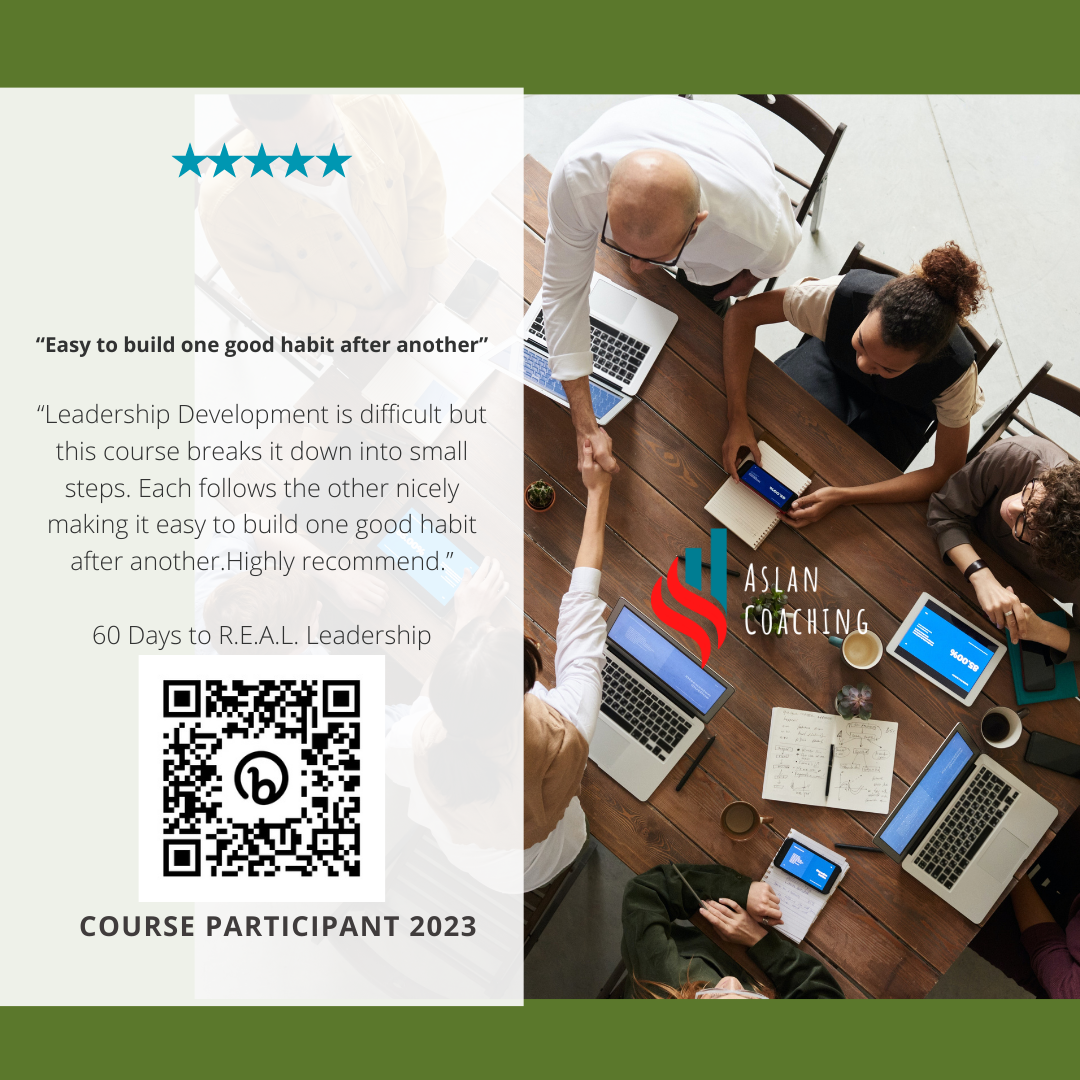REAL Leadership Foundations
Kickstart your leadership journey here with online resources plus a monthly live group call to answer questions and access peer learning.

Kickstart your leadership journey here with online resources plus a monthly live group call to answer questions and access peer learning.
REAL Leadership Foundations is a solid start to your leadership development journey. It includes:
1) Pre-recorded lessons
With over 60 pre-recorded lessons and resources in the library, this is a self-directed but structured journey through some of the basics of leadership. These teachings have been honed and gathered from thought leaders and research around the world and condensed into manageable bite-sized chunks of wisdom and tips. Scroll down to see the lesson list.
2) Monthly group FAQs call.
As part of your membership you will also have access to a monthly FAQs group call where you can ask Lisa anything and avail of peer learning from others in the same boat as you, facing the same challenges.
"REAL Leadership is a must"
"Wow is all I can say"
"Phenomenal Programme"
"...engaging, relevant and practical."
"highly recommend this course"
"Without doubt...one of the most engaging and informative courses I've ever attended"
"Really enjoyed all of this"
"An easy and enjoyable learning experience"
"Easy to build one good habit after another"
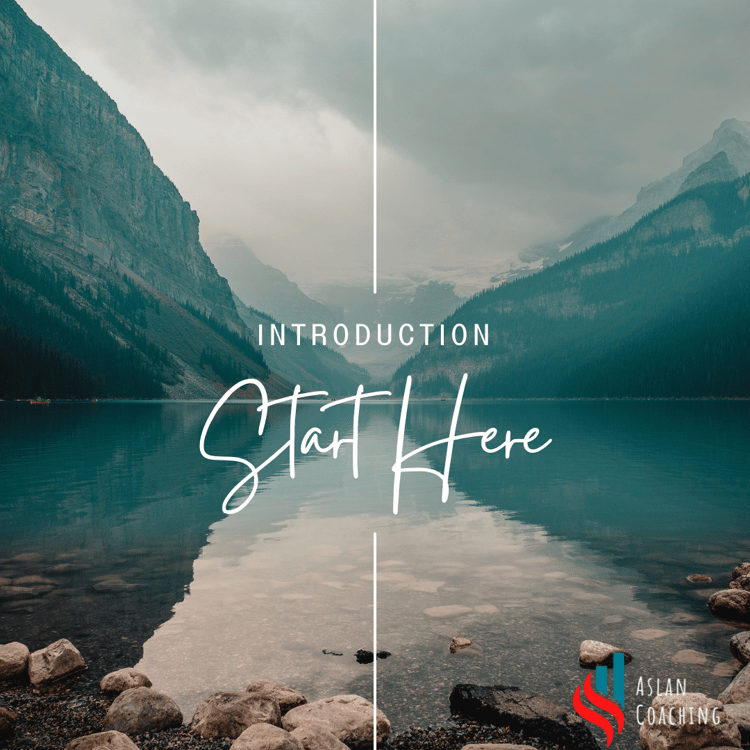
A quick introduction to this course and recommendations for getting the best benefit from it.
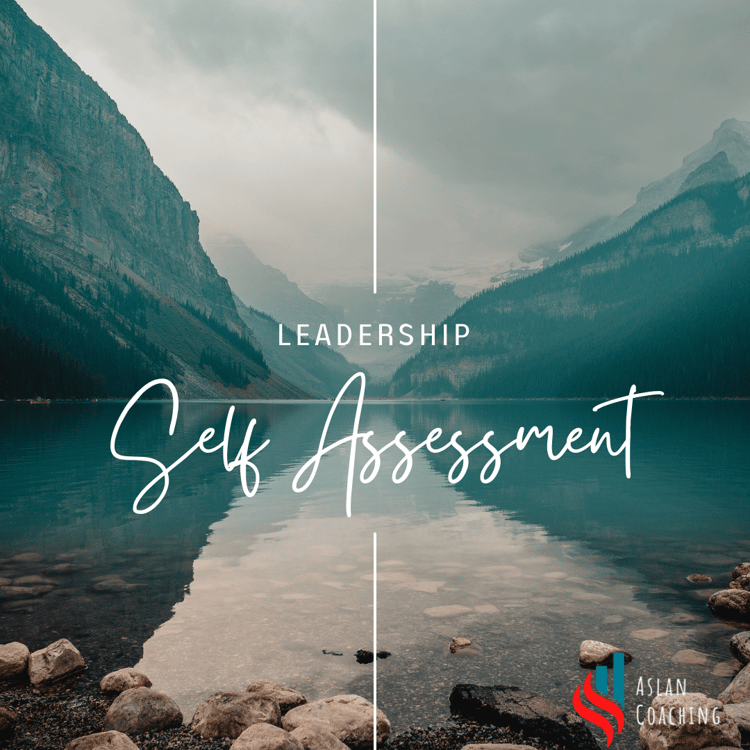
This is a self-assessment so you can identify where you are right now in terms of your leadership skills.
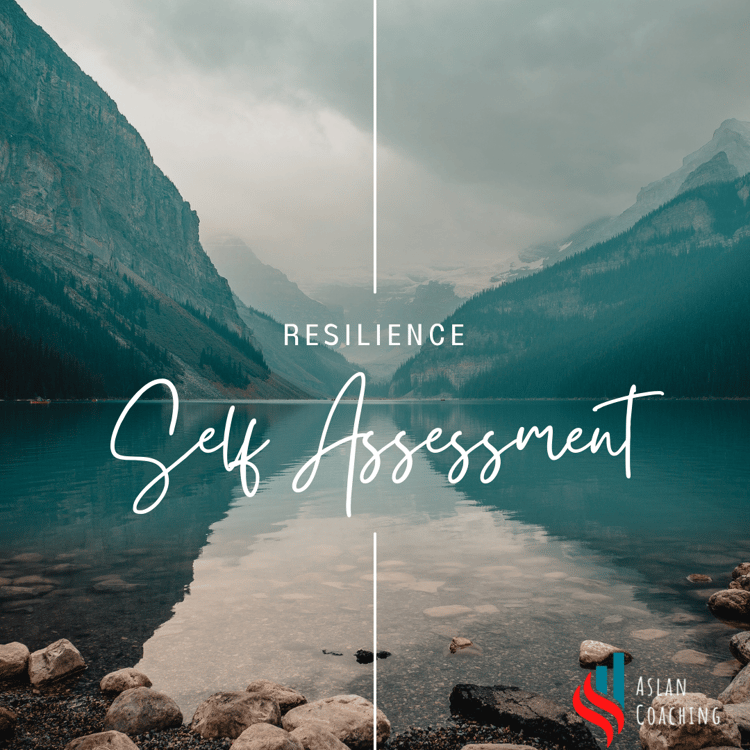
Follow the instructions on this Wheel of Resilience to get an overall picture of your resilience.
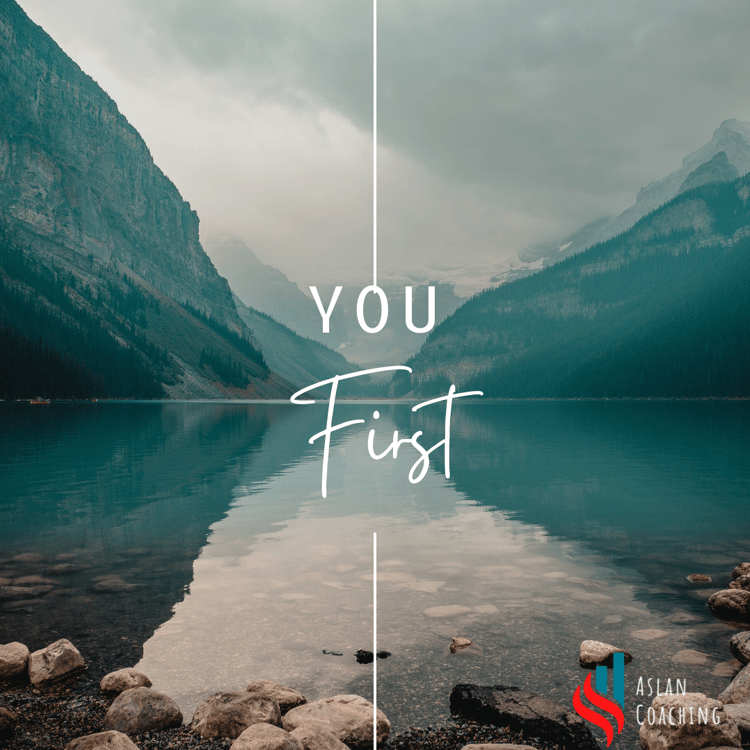
Self-Care is not selfish - in fact it's critical for leaders who carry burdens and responsibilities. Three non-negotiable reasons explained here.

This might seem obvious but watch out for something you might not have thought of before.
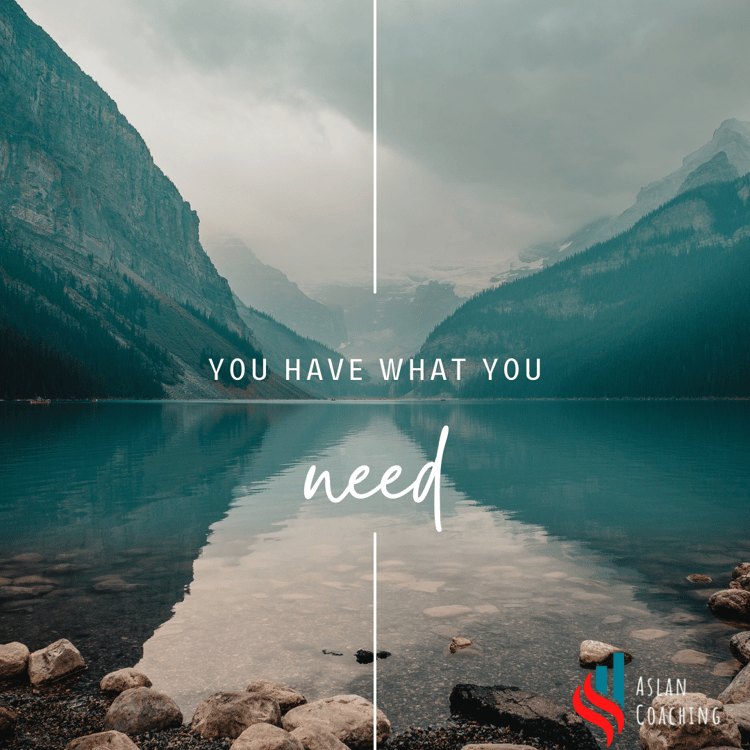
You don't need money in your pocket or a qualification or IQ. You don't leave the house without it.
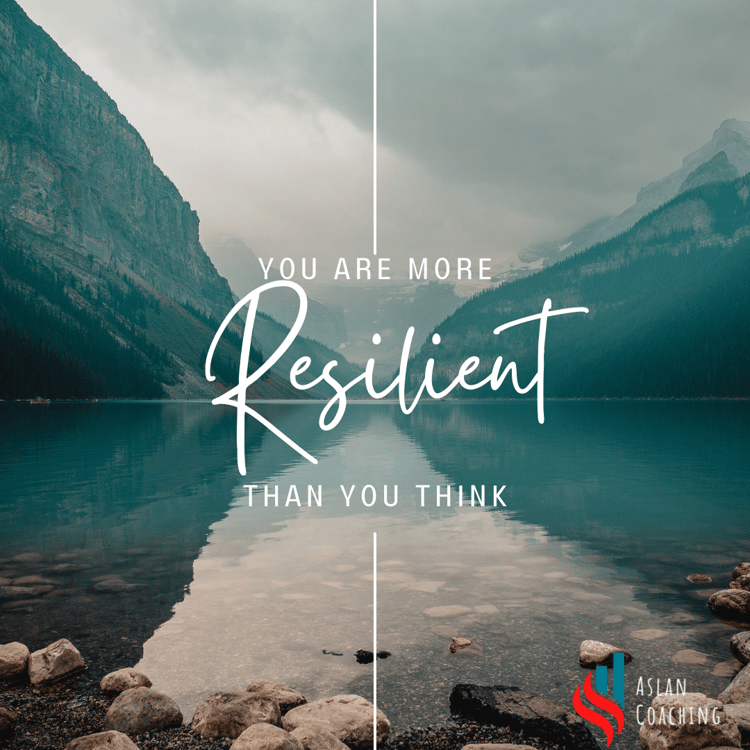
We often think others are more resilient than we are, but we are wrong. You are more resilient than you think.
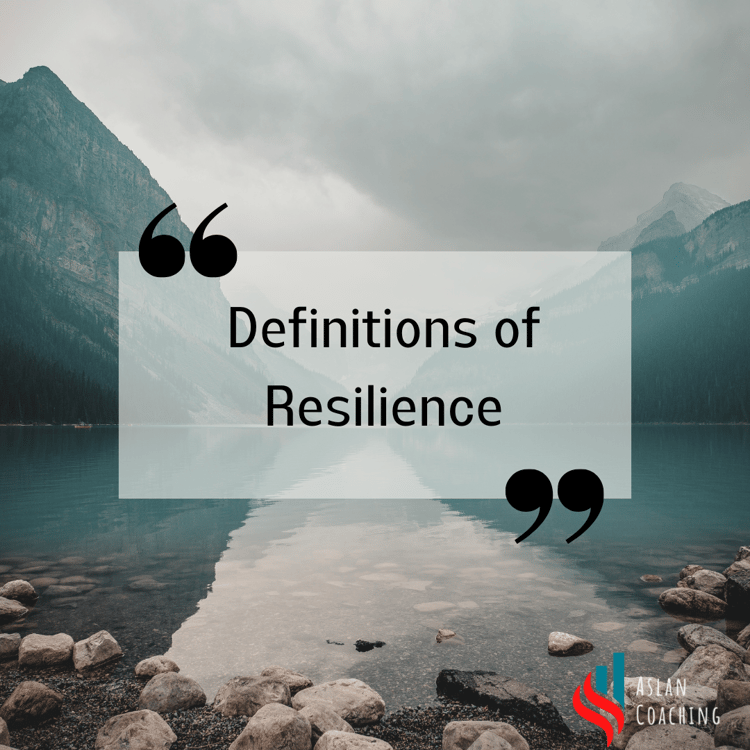
The difference between resilience in objects and our resilience as human beings. In this lesson we will start to erase old beliefs that resilience means gritting our teeth and refusing help.
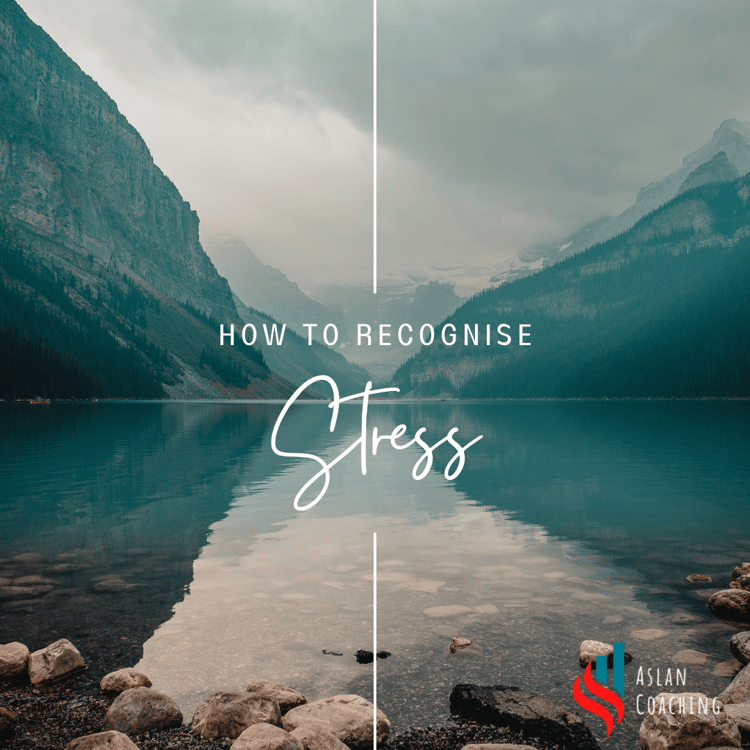
Downloadable tools to help you recognise the effects of stress in your body, plus lovely ways to combat it!
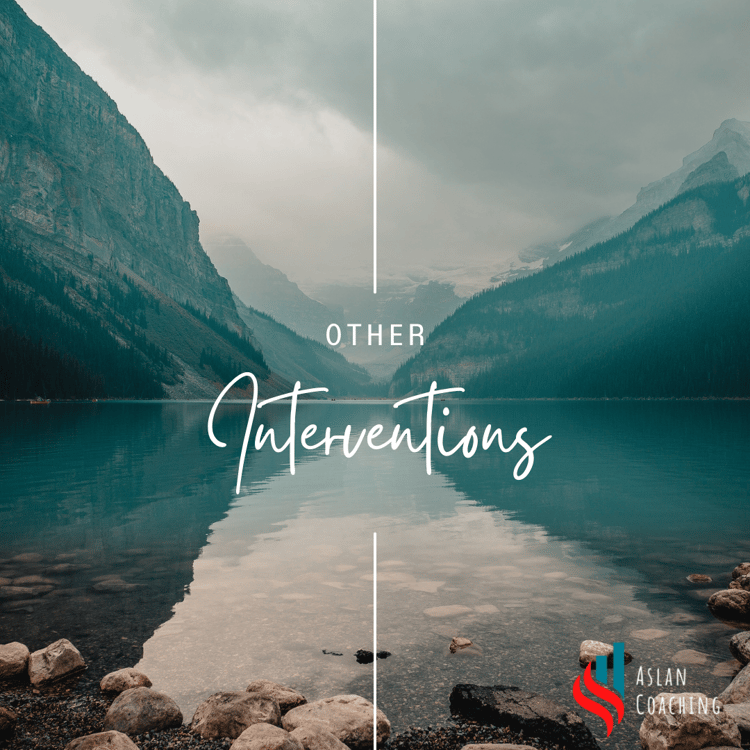
Sometimes maintaining your resilience is not enough on its own and another intervention may also be needed.

The question of whether we are born resilient or whether we develop it during life is addressed in this lesson.
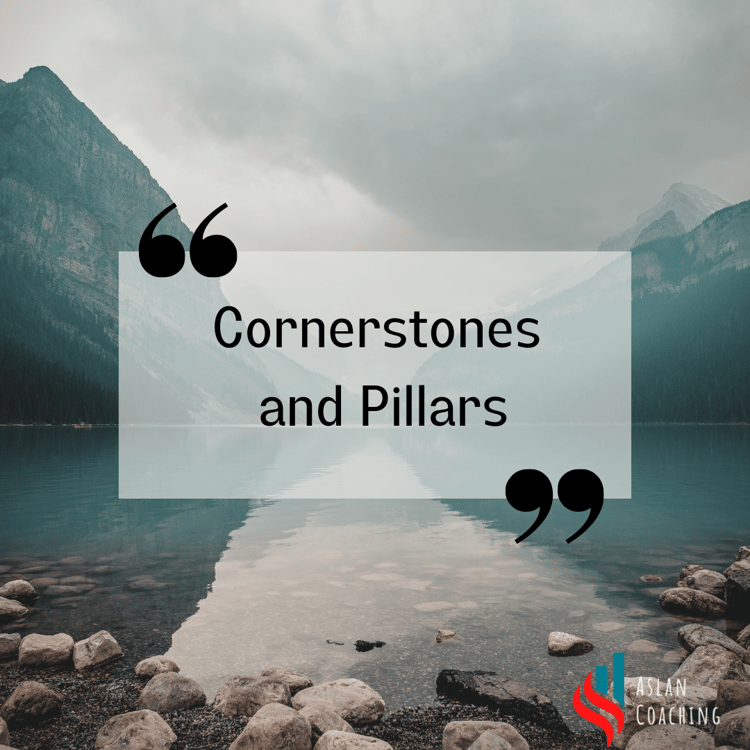
The Cornerstones and Pillars of a Resilient Life explained so you get a holistic view of your life and what to focus on.
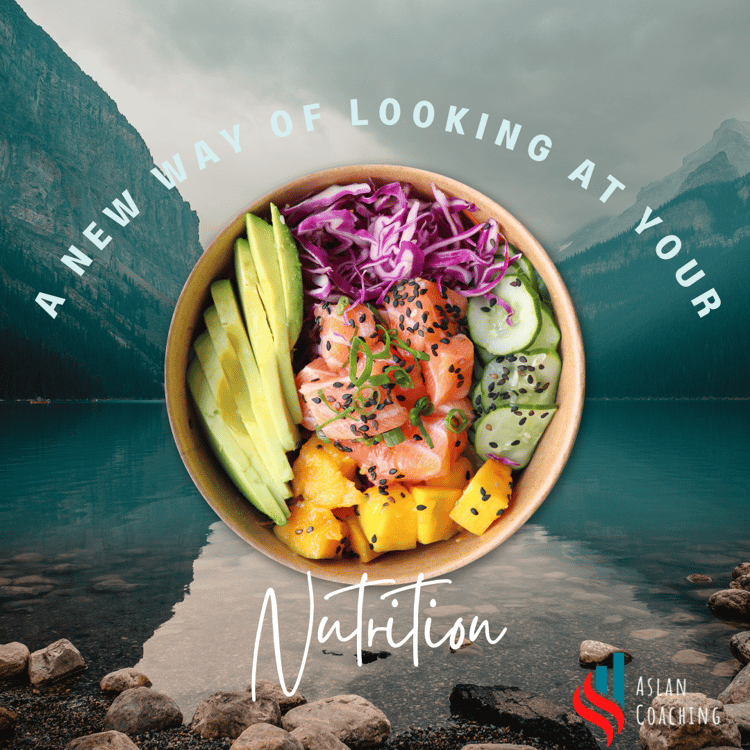
A new way of looking at how you manage your nutritional intake, so that it's much easier to make the right choices more often.

Mild dehydration has significant impact on your focus. Here are the facts and how to easily address it.

How to recognise the different forms of stress, plus lovely ways to reduce it!

Recognising good and bad elements of stress, so you can harness the former and manage the latter.

Astronauts are trained to have little or no stress response in challenging situations. Let's follow their example.
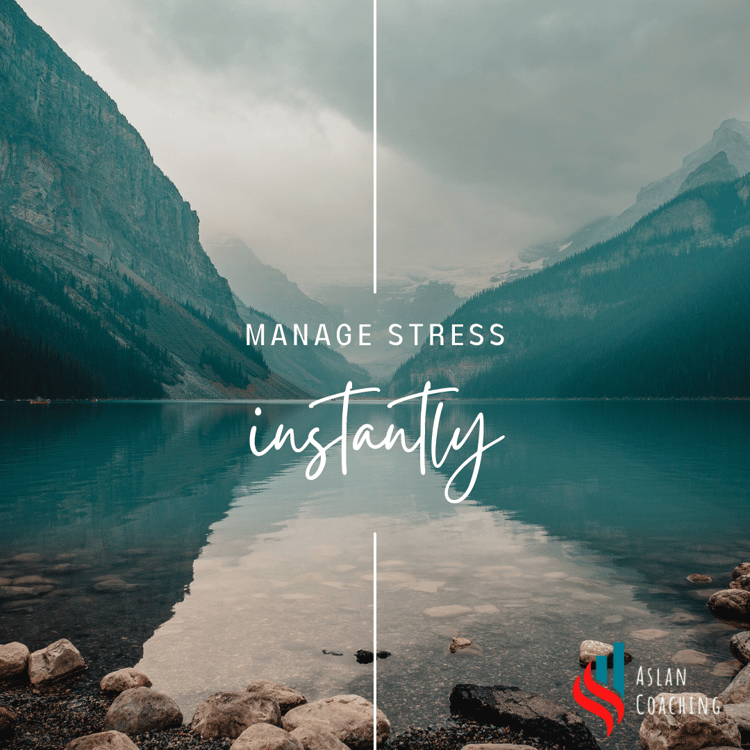
This technique will soothe your stress response immediately in moments of conflict. Learn this, practise often and then please teach others.

When you have a challenging situation to face and you have time to prepare, practise this technique, and then please teach others.
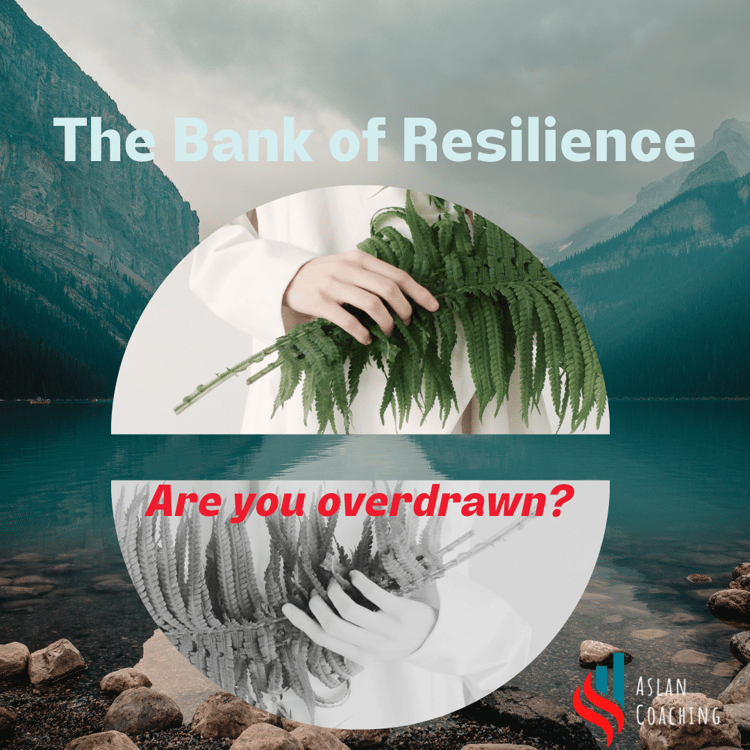
We cannot withdraw what we have not already deposited. This is a downloadable tool to help you check your current balance. Be honest with yourself - our focus is you and your well-being.

The science behind free writing and why it helps our thought processes. A quality pen and journal helps too so treat yourself if you don't already have these.

This downloadable exercise will help you start each day with the thoughts and feelings that support you being your best you.
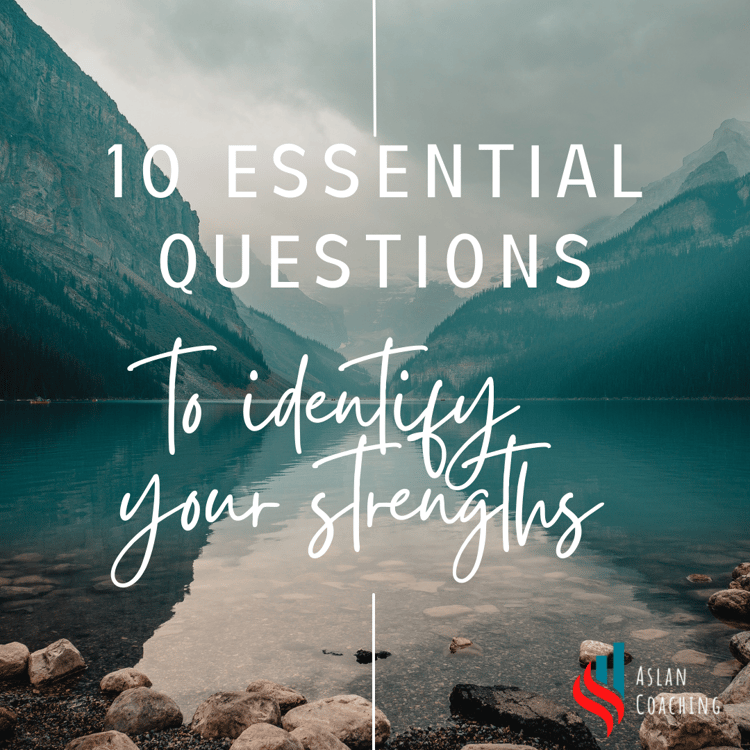
These 10 essential questions will help you identify them so you can focus on them even more. (Proven to be more effective than focusing on areas for development).
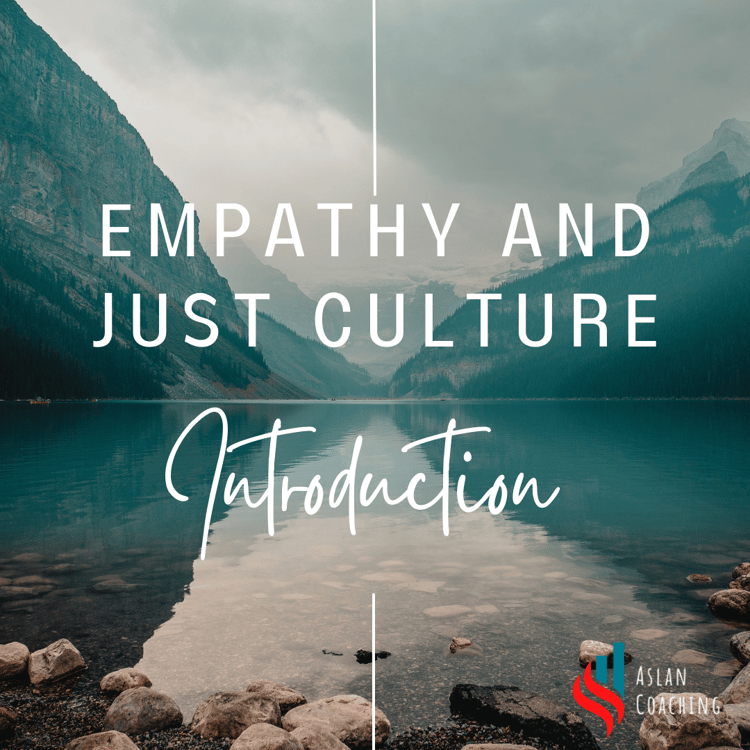
An overview of why empathy and the Just Culture approach are the new and better ways to lead others.
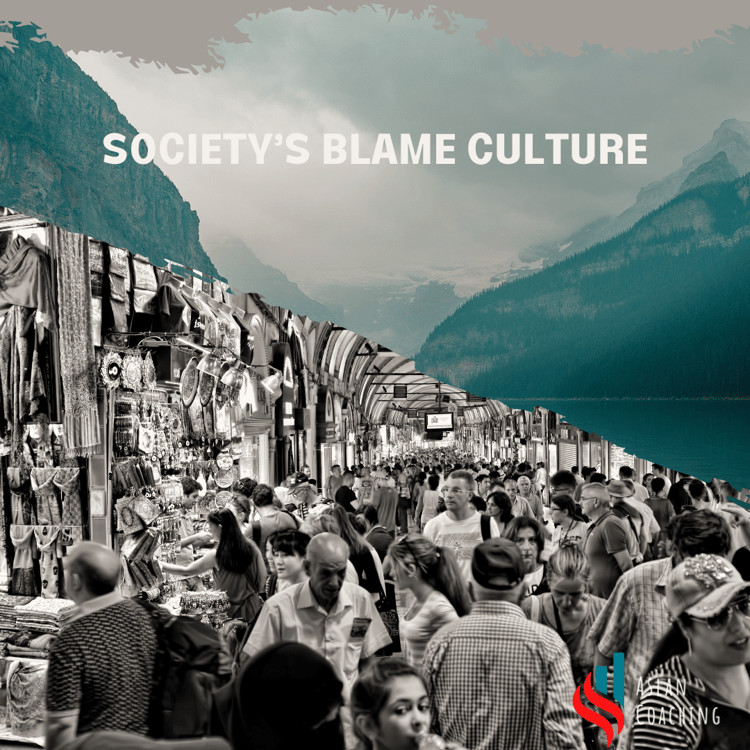
Let's look at our society's blame culture which is escalating by the minute.
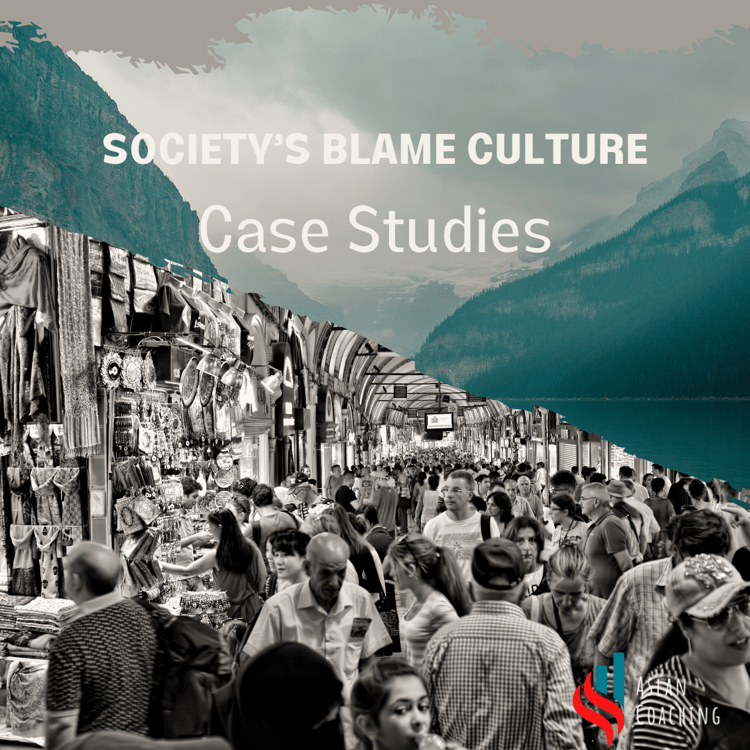
7 case studies of blame cultures around the world. Did the blame game work? You decide.
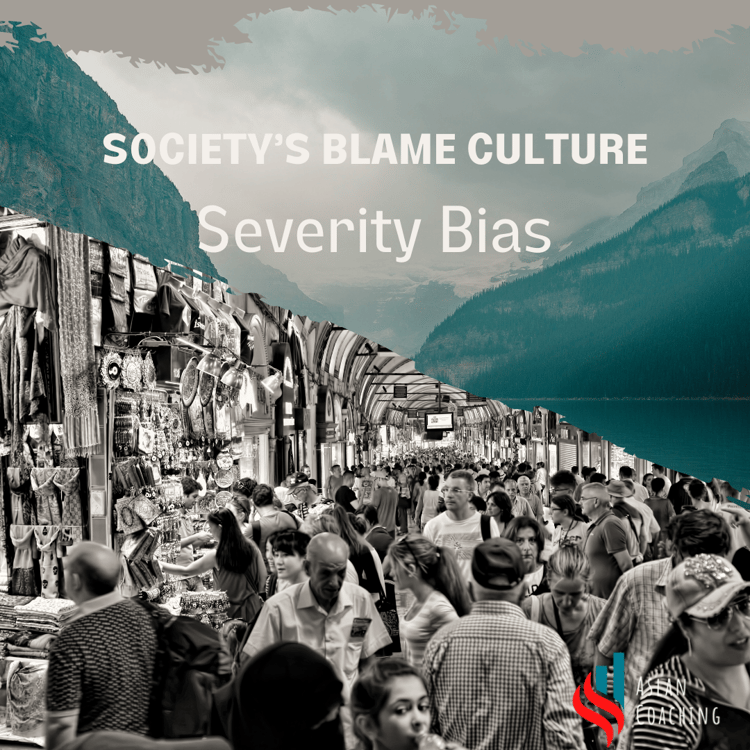
Severity bias can creep in very easily. We have all been guilty of this. Awareness is the first step in changing this to achieve better outcomes.

The Swiss Cheese model of creating barriers to errors, or to catch them before they cause harm.
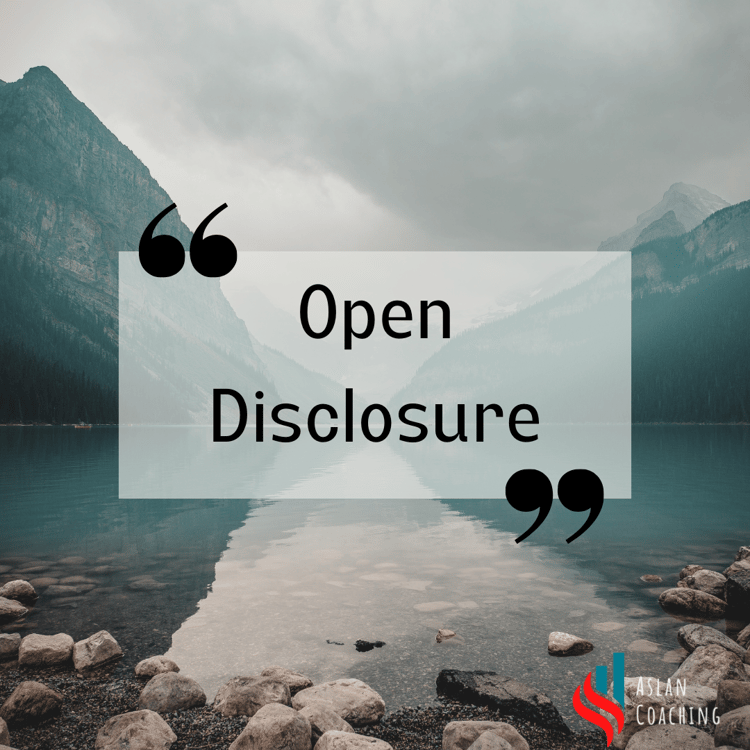
The holy grail of learning from mistakes relies on open disclosure. But some key cultural behaviours need to be in place first for it to be practised.

A high level introduction to the Just Culture model of justice, learning and accountability in the workplace.
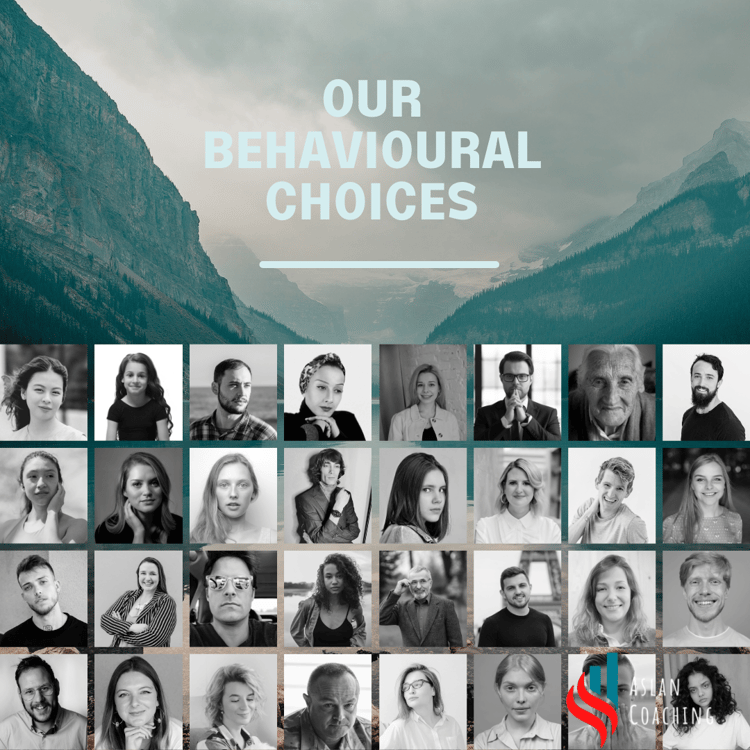
A guide for leaders to help them be objective in assessing someone's actions.
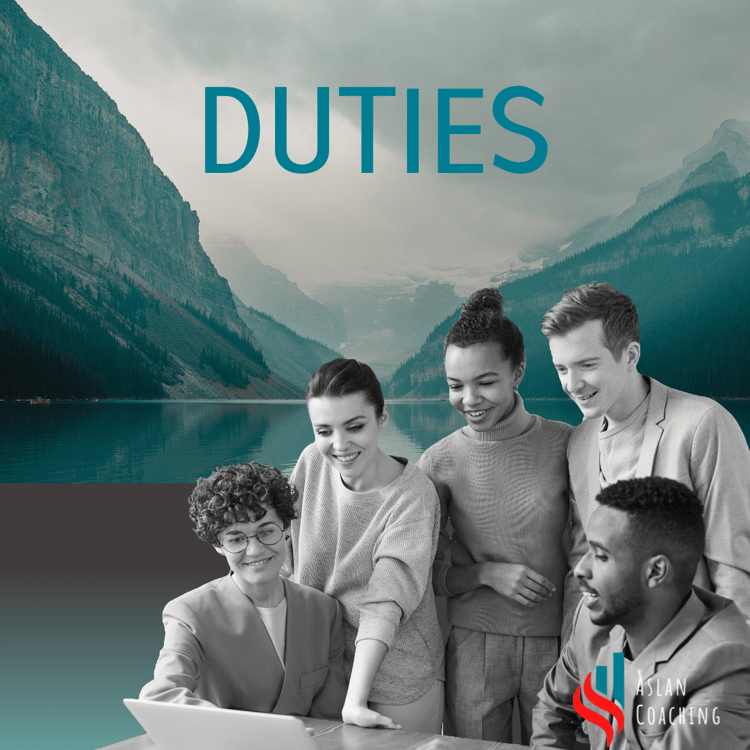
A reminder of the basic duties we have to each other as citizens of the world.
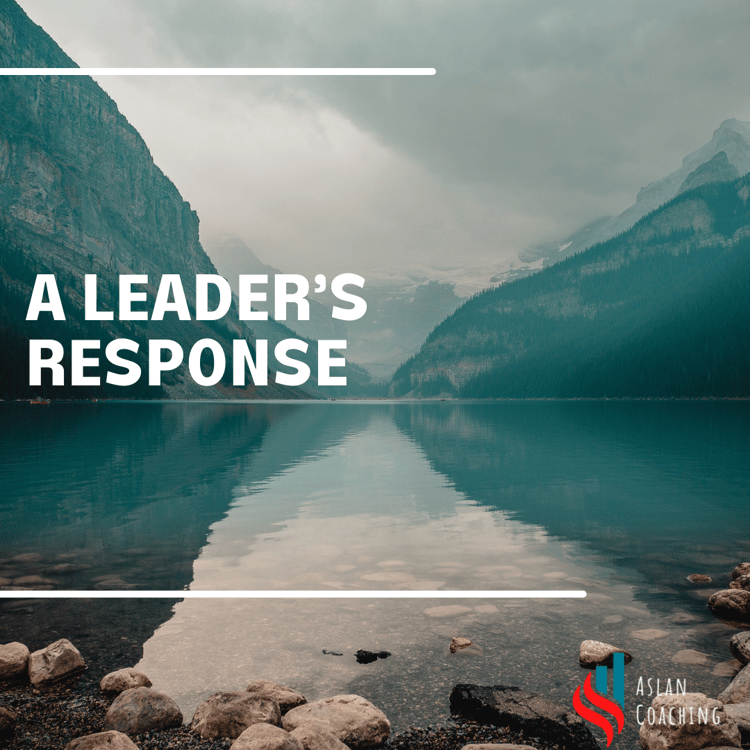
So you've assessed the behaviours and taken into account the duty of care. Now what?
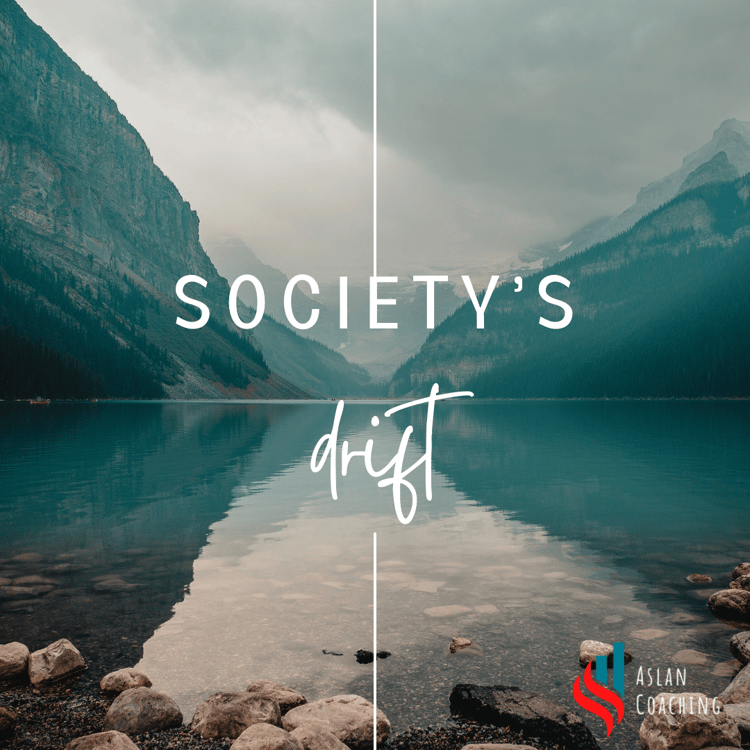
How society has drifted over the last 200 years. We will need REAL Leaders who have reflective skills to correct this drift.
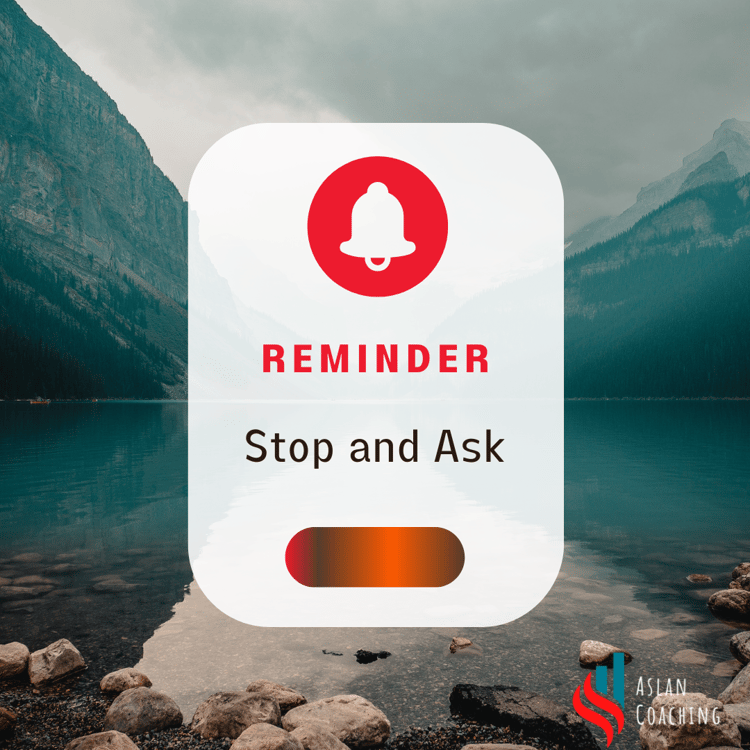
The importance of taking a breath, avoiding making assumptions and just ask a curious question to get the actual answer, not what they think you want to hear.
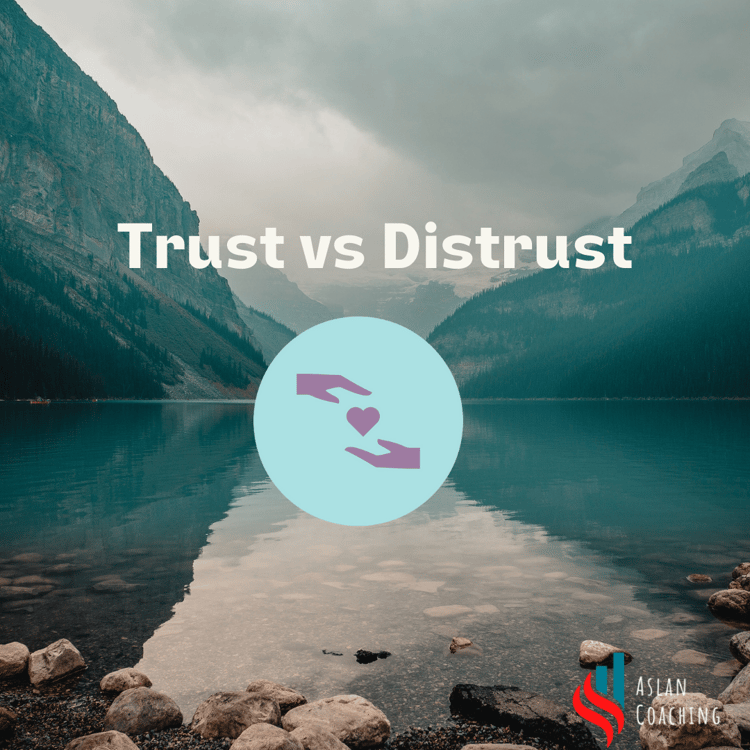
This lesson shows brain scans that show the parts of the brain that light up when we are states of trust and distrust.

The science behind our chemistry with each other. Knowing this gives a leader an advantage because you can prime conversations to go well.
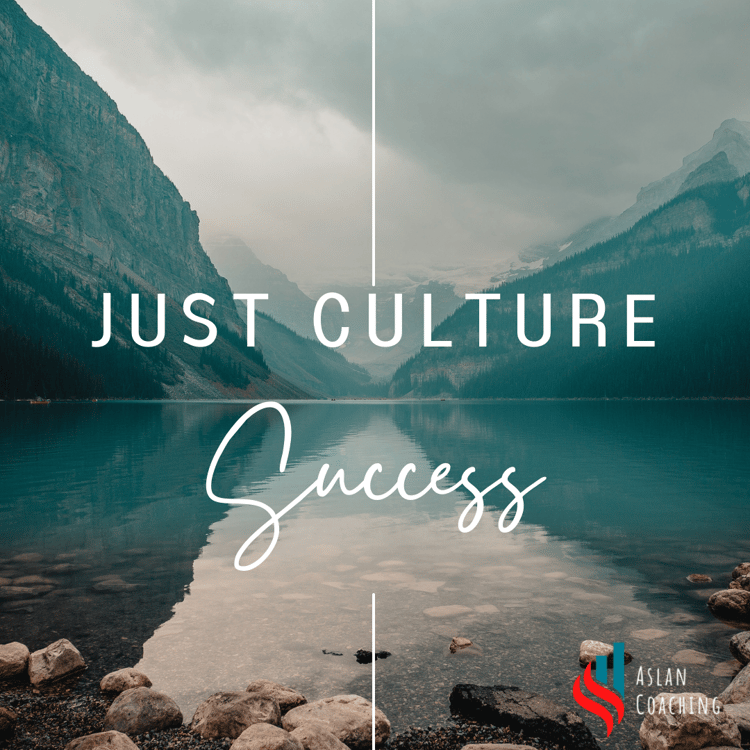
Two real life examples of where Just Culture has been effective in organisations (i.e. lower staff turnover, less sick leave, better productivity, enhanced learning, better systems to catch errors upstream)
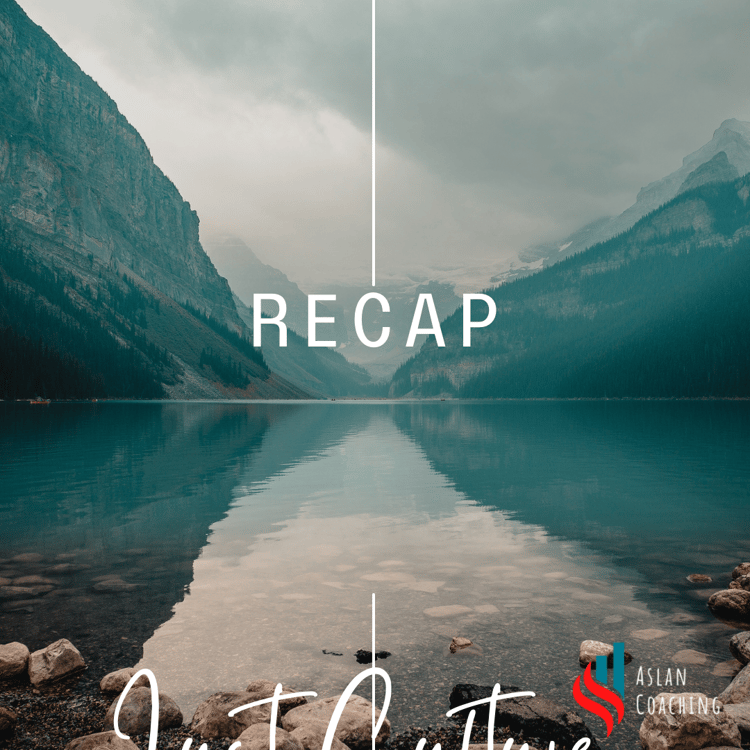
A short review of what we've learned so far to help embed the learning.
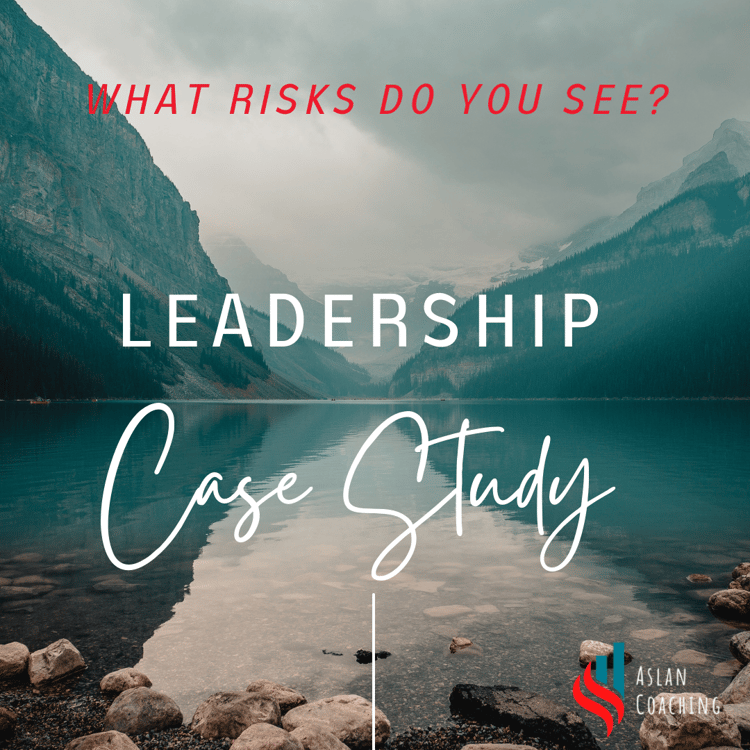
Case Study (1) of a leadership challenge. This was a real life situation. With the benefit of hindsight there is real learning for leaders of the future in this.
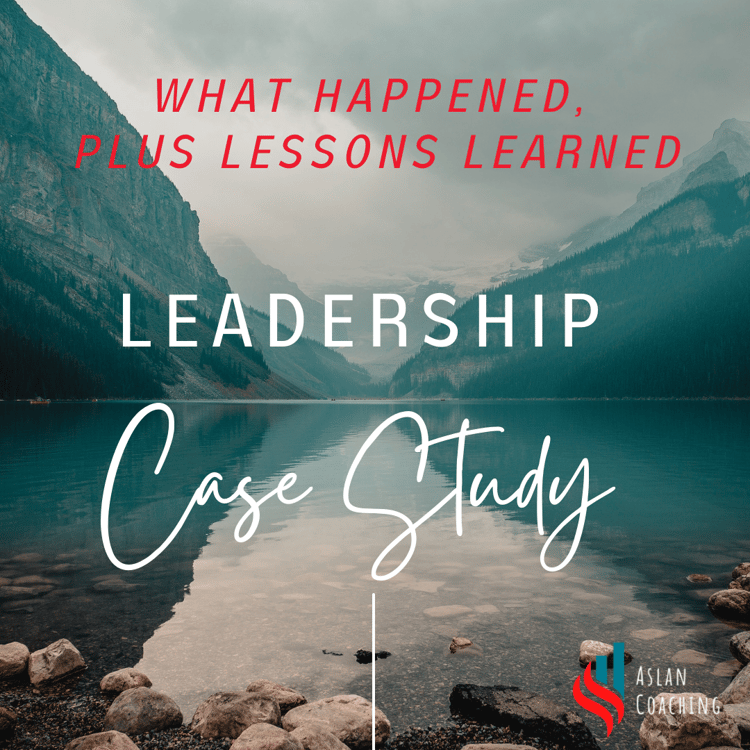
Having considered the questions posed in the previous lesson, here is what happened in that real life example. Plus simple ways to avoid it happening in your organisation.

You are in the driving seat of your own leadership actions and behaviours. Leading yourself is as difficult as leading others so be compassionate and forgiving of yourself while you do your best.

Knowing your non-negotiable values has benefits for your decision-making, happiness and effectiveness in dealing with others. Do you know what your top 5 are?
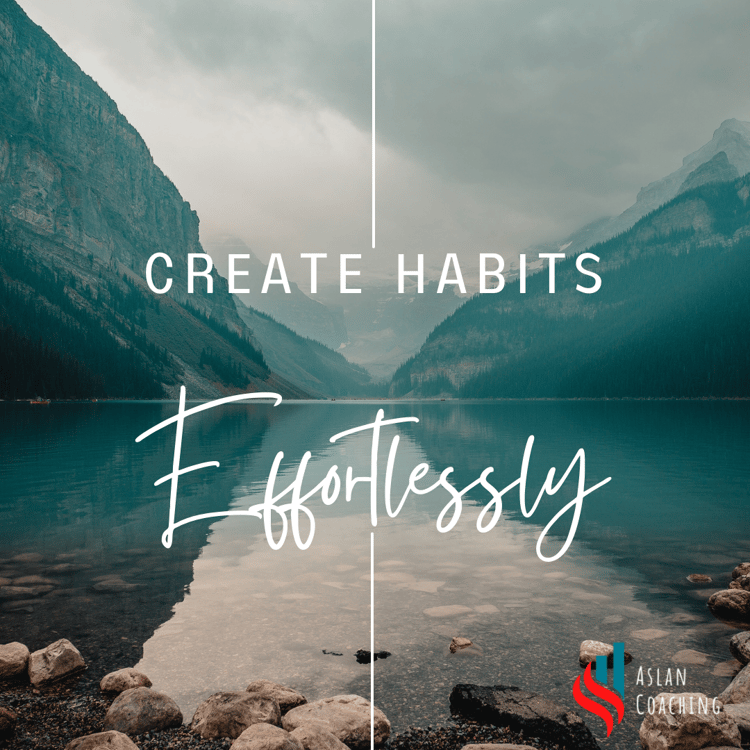
It's daunting to create new habits. So make it effortless! This lesson teaches you how you have already done this (many times!) so you can replicate it easily any time.

Lisa's now famous demo of how neurogenesis works! Plus just how much unused potential you have to learn any number of new things.
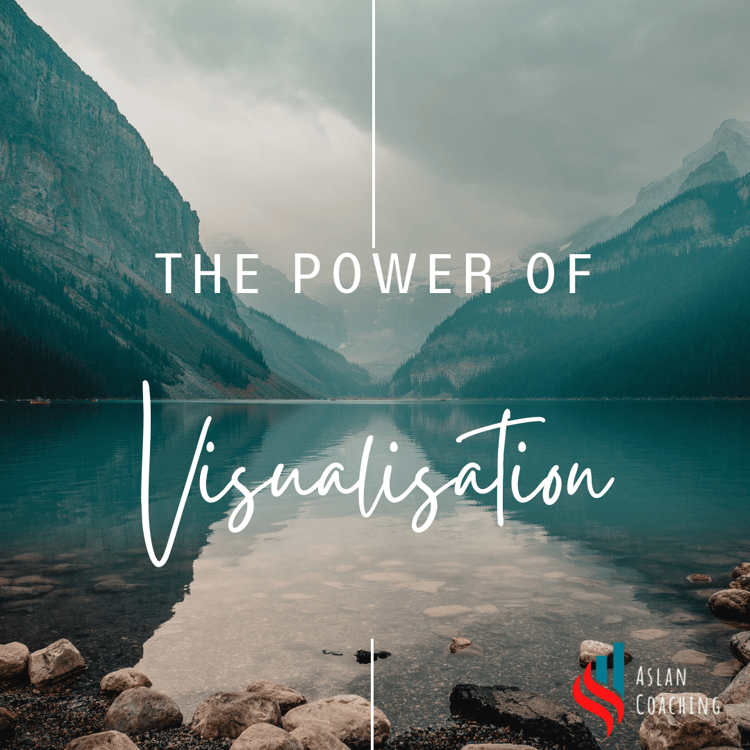
This lesson describes the power of visualisation and how you can use this tool in your leadership to influence real change.
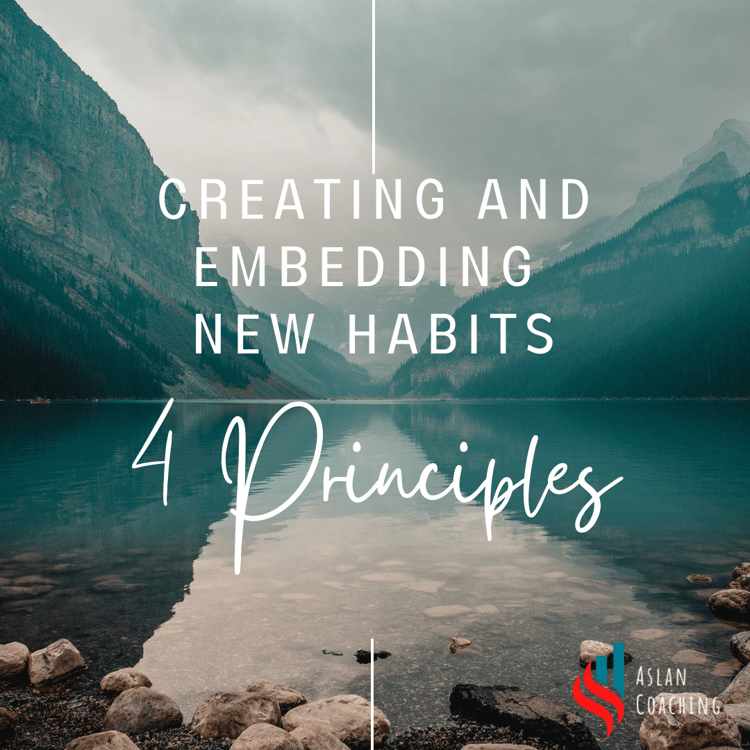
Four ways you can make it easier for yourself to create and embed new habits, particularly the ones you know you should, but are resisting!

Your comfort zone is - well, very comfortable. But what's beyond it is magical. This lesson explains the path to take to get to new horizons.

Another real life situation that a senior leader faced, with conflicting values and lots at stake.
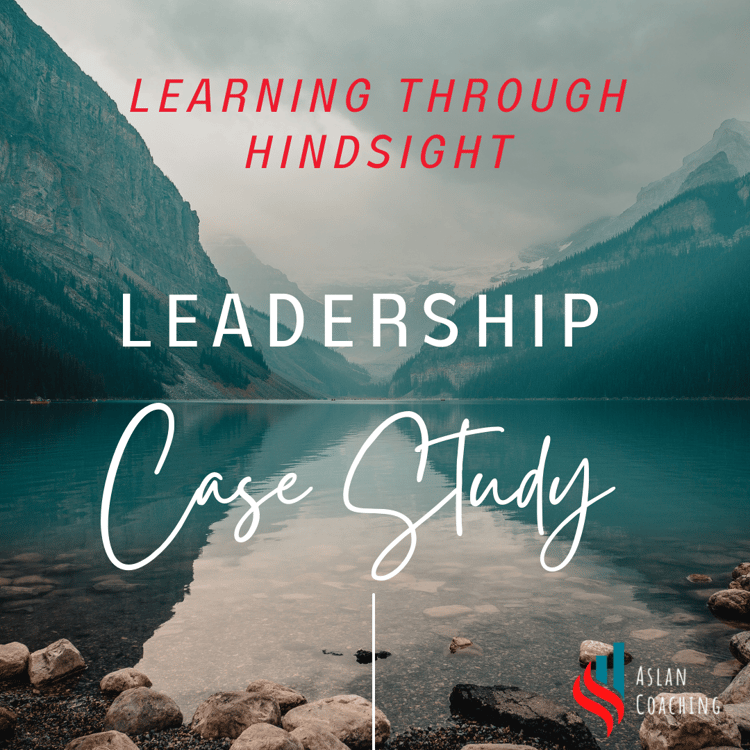
This lesson looks at the end result of decisions made so that we can learn from them. We look at this not through the lens of blame, but with compassion for an impossible situation that affected all involved for the rest of their lives.

An overview of one of the best, easiest and most well known leadership models in the world today.

This lesson brings previous learnings alive so that you can consider how to apply them in practical ways in real life.

Here we look at the most common leadership styles to use liberally and those to apply sparingly, with real life examples of leaders who demonstrated specific styles (sometimes with great effect, sometimes not so much!).

This lesson looks at an old style compared with a newer and more effective style being used around the world.
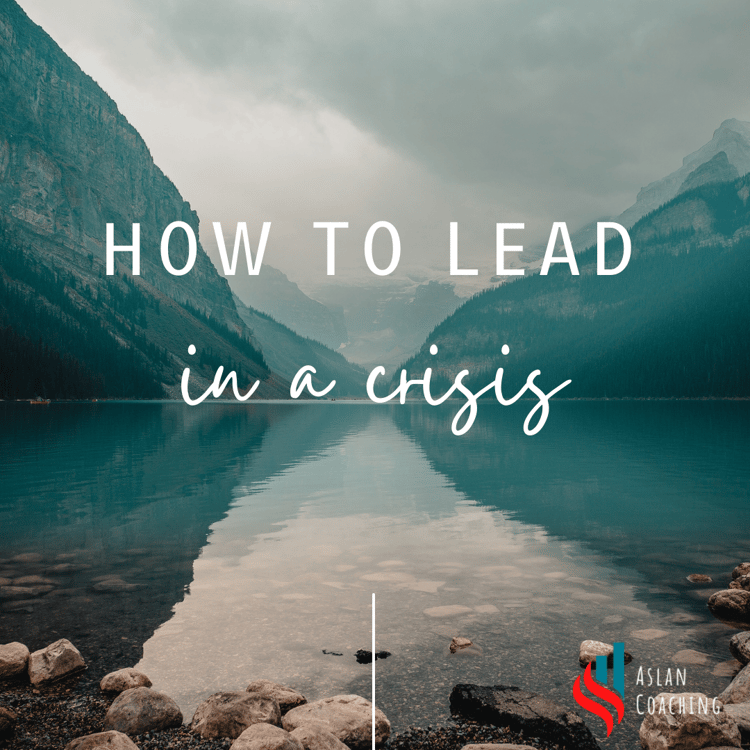
Leaders don't have the luxury of calling in sick during a crisis. This lesson outlines 4 key principles that will help a leader remain calm and in control.
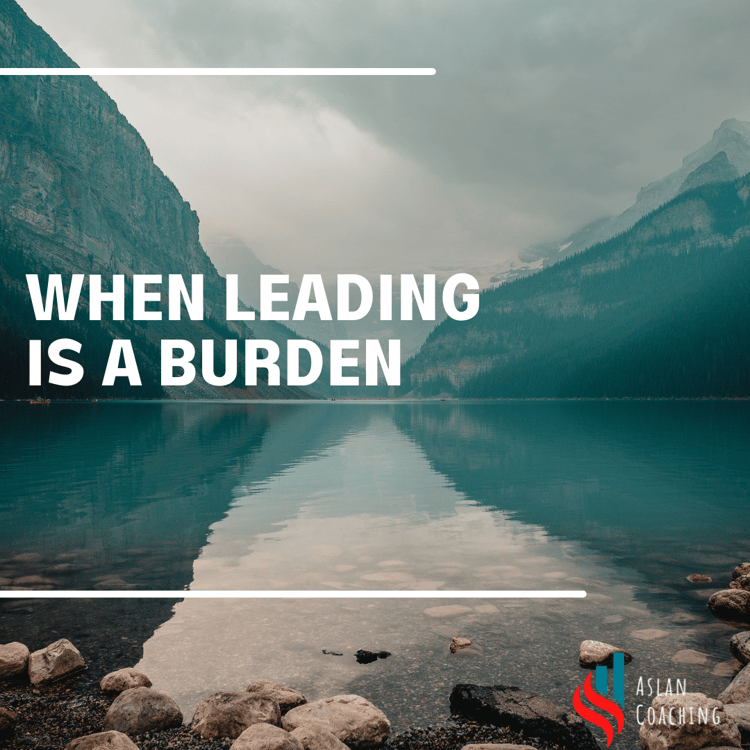
Leadership is not easy. If you are finding it a heavy burden, here are some things to remember, plus some questions your coach might ask you to help you take a breath and see the bigger picture.
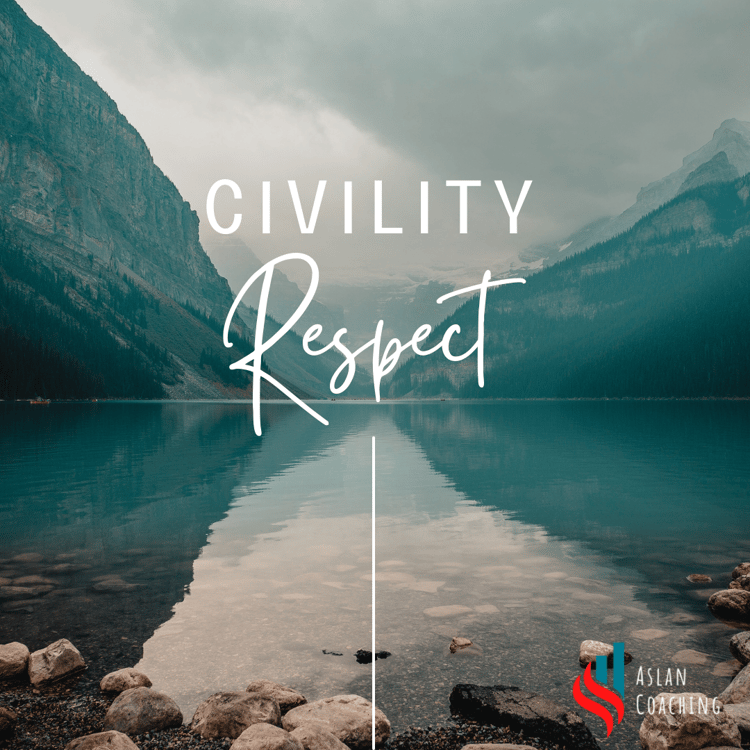
A real life example of where incivility put someone's life at risk, and what you can do as a leader to ensure there is a culture of civility in your workplace.

So you have started practising some new leadership behaviours (or want to!) and are worried about your team's reaction. Here's a suggestion for your response to that :)

A nudge to stretch out of your comfort zone (see lesson 46) and stretch up into your leadership.

Another take on Severity Bias (see also lesson 26) so that you can do a deeper review of what's happening in your own mind and in your workplace culture.

Understanding the way we are hardwired allows us to bypass the usual road-blocks to change. This is a visual representation that will make sense when you see it!
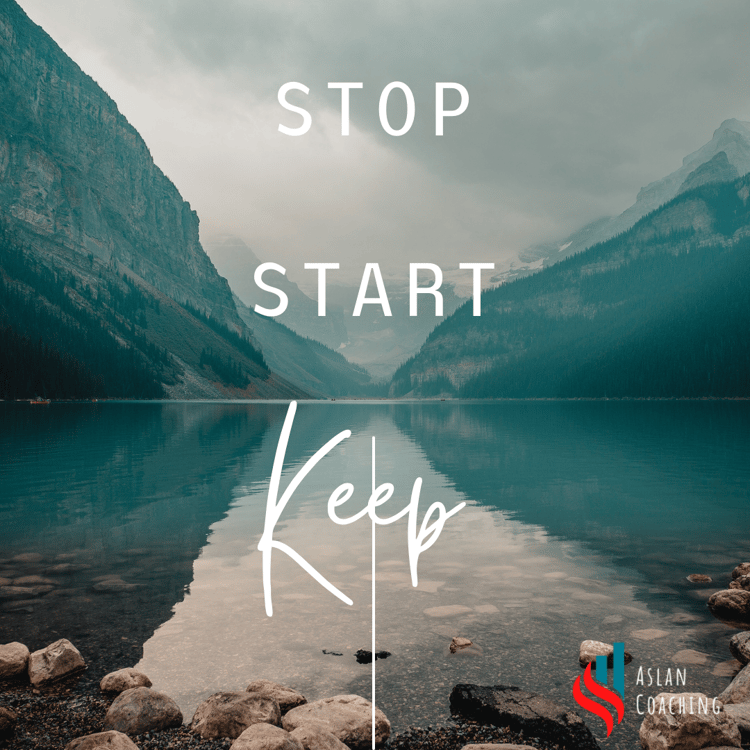
A powerful exercise to clear the clutter and fog, and focus your mind on what has to change, as well as what doesn't have to change!
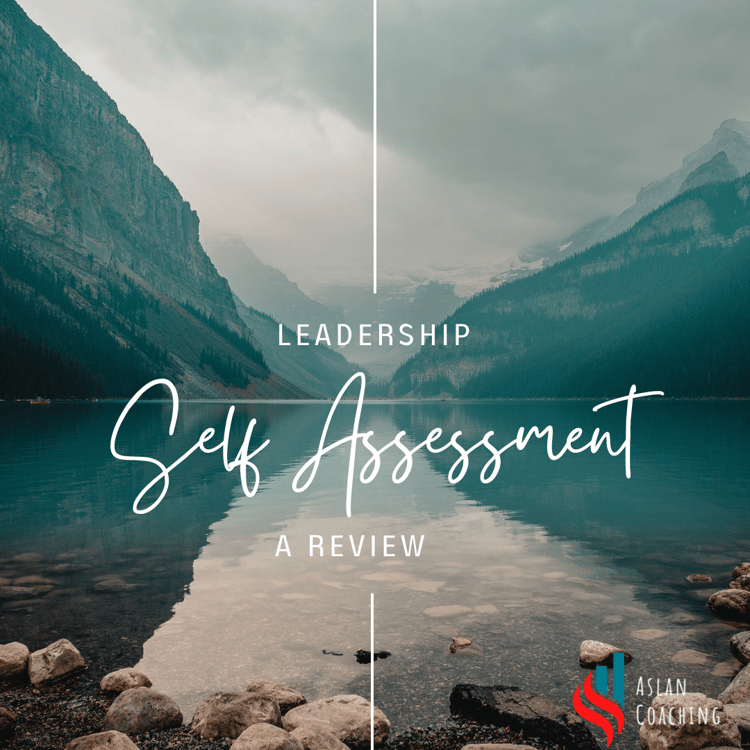
This self-assessment will help you identify what you have learned or taken on board and what's next in your development as a leader.
You will understand how to lead yourself first so that you can lead others better.
You will learn the 3 concrete reasons why it’s vital you pay attention to your well-being and resilience as a priority.
You will understand the specifics of how this will improve your performance in fast-paced and stressful environments.
You will understand and have some done practical examples of micro-resilience (tiny changes in habits and behaviours that take seconds to implement but have measurable impact on energy).
You will know and have practised simple techniques for harnessing your own physiology to manage stress, both in advance and on the spot.
You will understand the Just Culture model of implementing fairness, learning and accountability in your workplace. This is a framework that you can use to view employee behaviour objectively and know the most effective approach to take for each type of behaviour.
You will know the neuroscience of trust versus distrust, so that you will know how build real trust with others.
You will know what your non-negotiable values are.
You will be introduced to the most common models of leadership used worldwide, including levels and styles.
You will know the simple principles for leading in a crisis, so that you can face any urgent challenge with confidence and authority.

